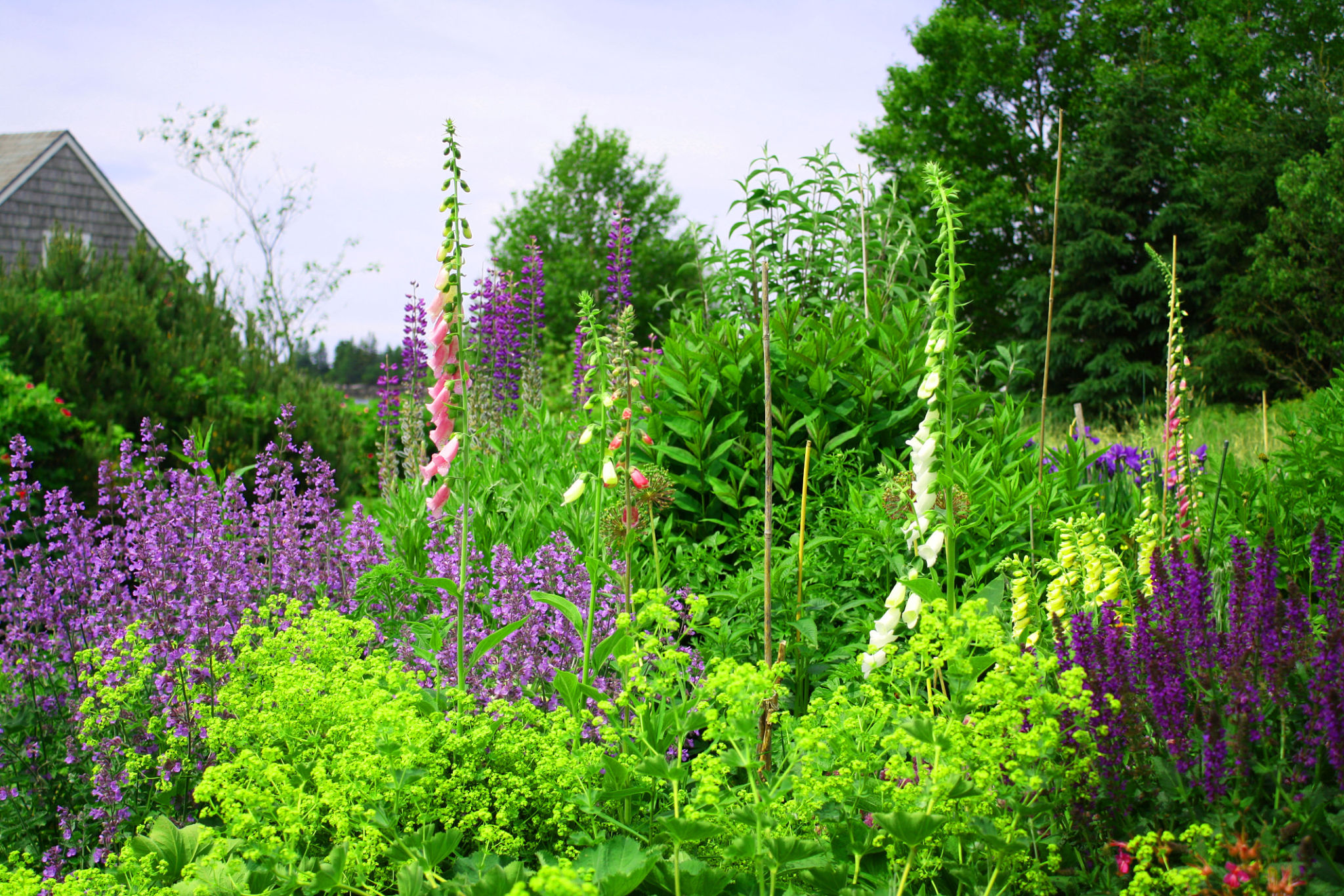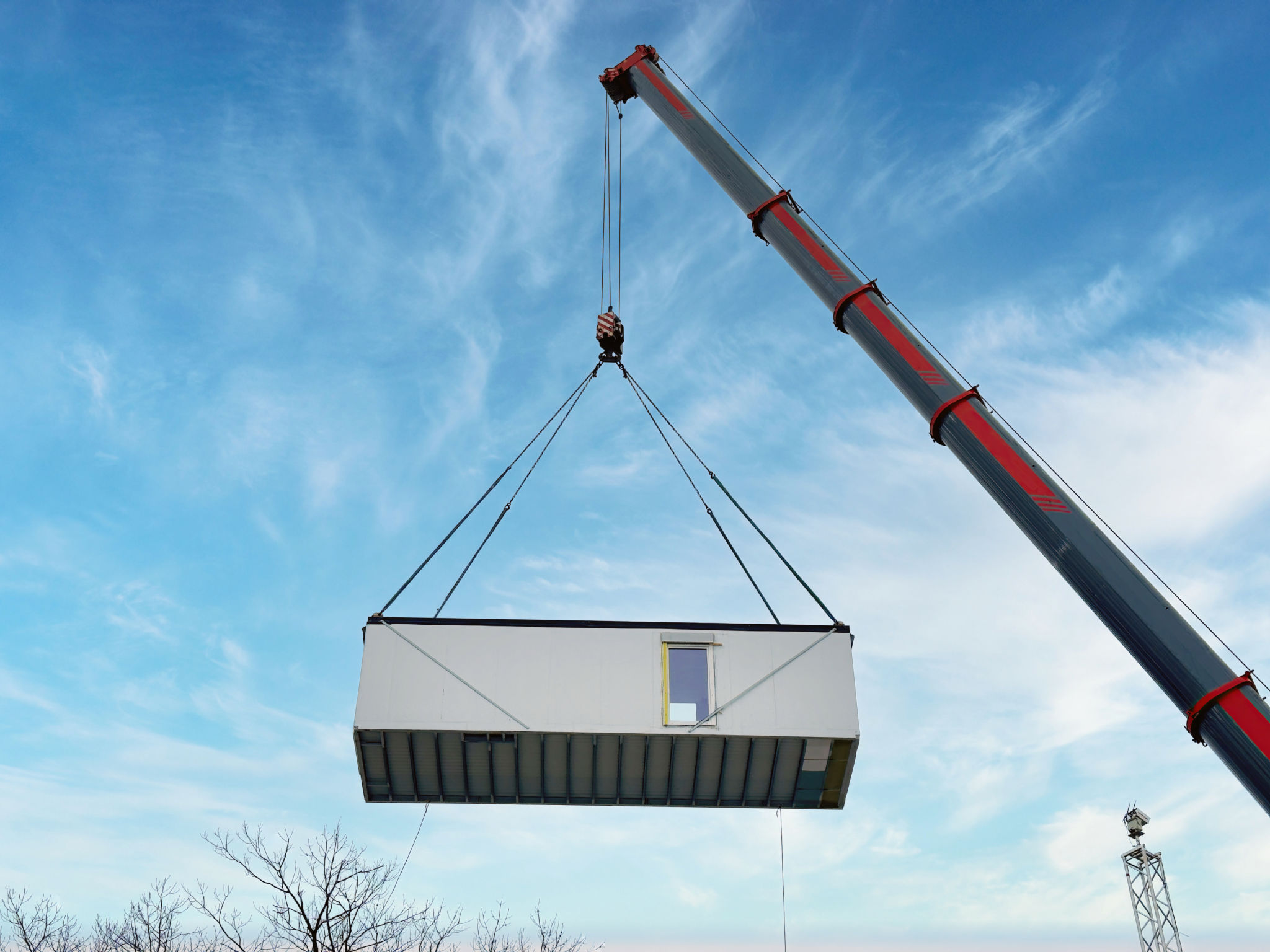Sustainable Building Trends in the Western Cape
Introduction to Sustainable Building
The construction industry is undergoing a significant transformation as environmental concerns become increasingly prevalent. In the Western Cape, sustainable building practices are gaining momentum, reflecting a global shift towards eco-friendly construction. This region, known for its breathtaking landscapes, is now setting examples in sustainable architecture and building methodologies.

Energy Efficiency in Buildings
One of the primary focuses of sustainable building in the Western Cape is enhancing energy efficiency. Modern construction projects aim to minimize energy consumption through smart design and technology integration. This includes the use of insulated building materials, solar panels, and energy-efficient windows.
Moreover, incorporating passive design strategies such as natural ventilation and optimized building orientation helps reduce reliance on artificial heating and cooling systems. These approaches not only lower energy bills but also contribute to reducing the overall carbon footprint.
Smart Home Technologies
The integration of smart home technologies is another trend driving sustainability in the Western Cape. These technologies enable homeowners to monitor and control energy usage effectively. From intelligent lighting systems to automated climate control, smart homes ensure efficient energy management, further promoting sustainable living.

Water Conservation Techniques
Water scarcity is a critical concern in the Western Cape, prompting innovative water conservation techniques in sustainable building projects. Rainwater harvesting systems, greywater recycling, and low-flow plumbing fixtures are becoming standard features in new constructions.
These water-saving measures not only conserve water but also reduce utility costs for residents. By prioritizing water efficiency, builders are helping to preserve this precious resource for future generations.
Landscaping with Indigenous Plants
In addition to water conservation technologies, sustainable building projects are increasingly incorporating indigenous plants in landscaping. Native plants require less water and maintenance, making them an eco-friendly choice. By using local flora, developers are not only conserving water but also supporting biodiversity in the region.

Utilization of Recycled Materials
The use of recycled materials is another critical component of sustainable building in the Western Cape. By integrating recycled content into construction projects, builders can significantly reduce waste and minimize the demand for new resources.
From recycled steel and concrete to reclaimed wood, these materials provide durable alternatives that lessen environmental impact. Utilizing recycled materials also supports the local economy by reducing transportation costs and promoting local industries.
Innovative Building Techniques
The adoption of innovative building techniques such as modular construction and 3D printing is also gaining traction. These methods offer efficient and sustainable solutions by reducing waste and speeding up construction timelines. With a focus on precision and sustainability, these technologies are reshaping the future of construction in the Western Cape.

Conclusion: A Sustainable Future
The sustainable building trends emerging in the Western Cape highlight a commitment to environmental stewardship and innovation. By embracing energy efficiency, water conservation, recycled materials, and cutting-edge technologies, the region is setting a benchmark for sustainable living.
As demand for eco-friendly construction continues to grow, these trends will play a crucial role in shaping a more sustainable and resilient future for communities in the Western Cape and beyond.
